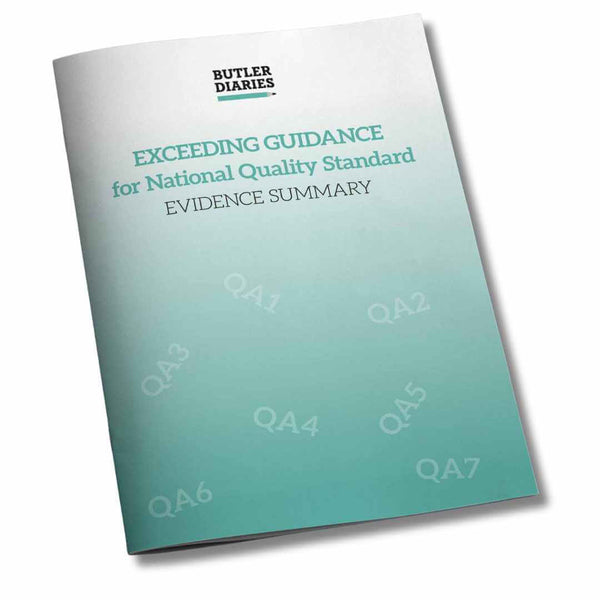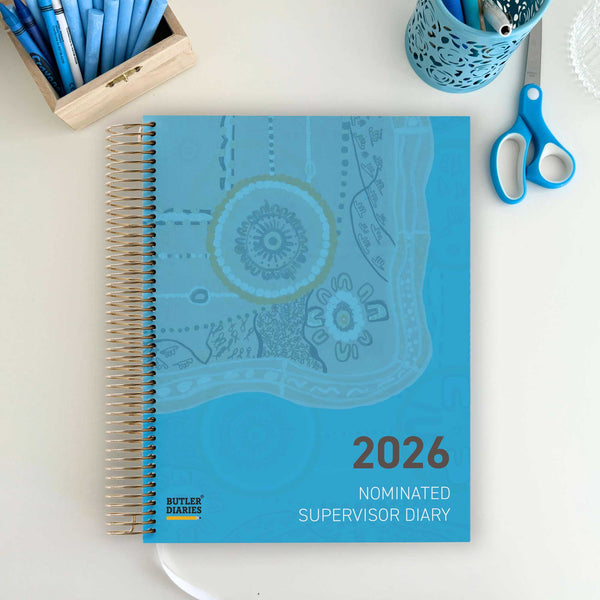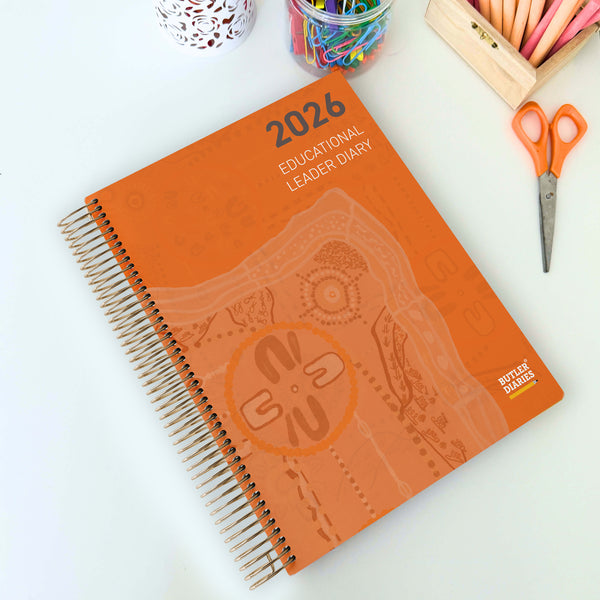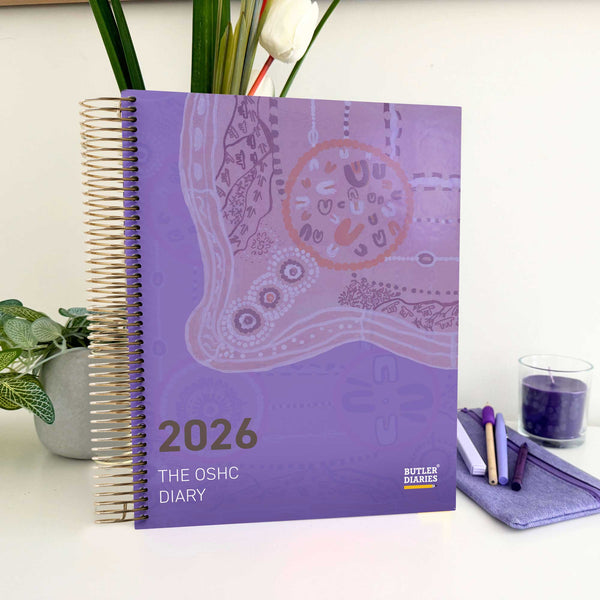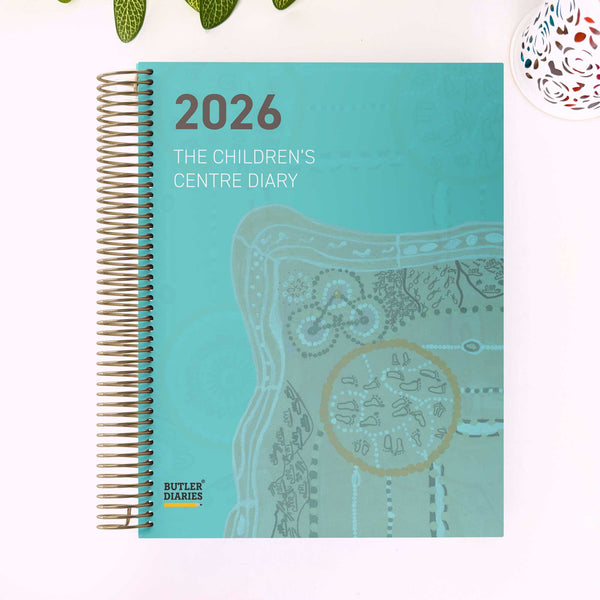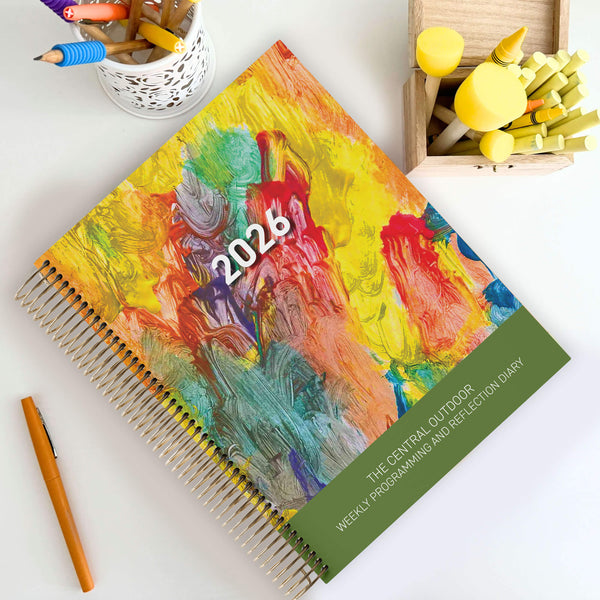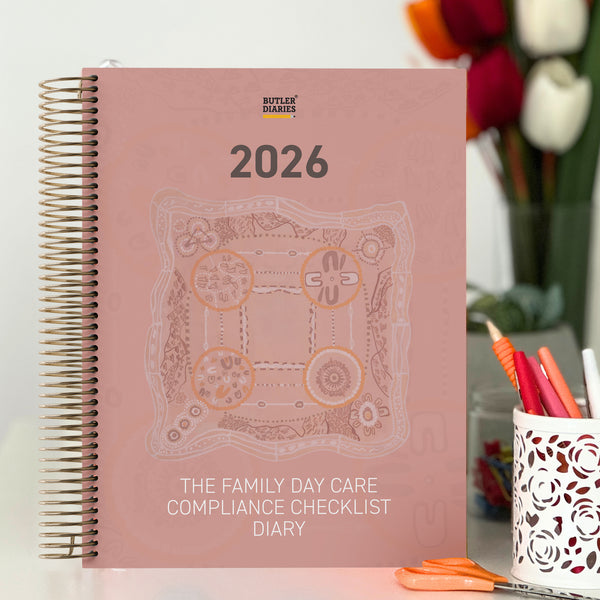Collaborative efforts are essential for driving continuous improvement and ensuring the highest standards of care and education for children. Central to this is the Quality Improvement Plan (QIP), a cornerstone document that outlines a service's goals, strategies, and actions for enhancing quality.
However, creating a robust QIP isn't solely the responsibility of management or educational leaders. It's a collective endeavour that thrives on the input and insights of the entire team. Engaging your team in the QIP process not only fosters a sense of ownership and investment but also leverages diverse perspectives to identify areas for improvement comprehensively. Here are some invaluable tips for effectively eliciting your team's input into the QIP:
-
Foster a Culture of Collaboration: Cultivate an environment where every team member feels valued and empowered to contribute. Emphasise the importance of collaboration and encourage open communication channels where ideas and feedback are welcomed and respected. The key to this is ensuring collaboration is the culture of the service and not something that is only sought to achieve a particular outcome.
-
Provide Clear Information and Expectations: Ensure that your team understands the purpose and significance of the QIP. Clearly outline the objectives, timeline, and expectations regarding their involvement in the process. Transparency fosters engagement and cultivates a sense of purpose among team members.
-
Conduct Regular Team Meetings: Schedule dedicated meetings specifically focused on discussing the QIP. Use these sessions to brainstorm ideas, share observations, and collectively identify areas for improvement. Create a safe space where team members feel comfortable expressing their thoughts and concerns.
-
Utilise Diverse Perspectives: Recognise that each team member brings a unique set of experiences, expertise, and insights to the table. Embrace this diversity and leverage it to explore multifaceted approaches to quality improvement. Encourage participation from educators, support staff, and management alike.
-
Encourage Reflective Practice: Promote a culture of reflection within your team. Encourage educators to critically evaluate their practices, identify strengths and areas for growth, and share their reflections with colleagues. Reflection serves as a powerful catalyst for continuous improvement. When using the Weekly Programming and Reflection Diary, Educators are critically reflecting on their program and practice providing valuable data. Your team can be asked to bring their Diaries only to meetings or your Educational Leader can collect this feedback and record it in the Educational Leader Diary under reflective discussions.
-
Implement Feedback Mechanisms: Establish formal mechanisms for collecting feedback from team members. This could include surveys, suggestion boxes, or anonymous feedback channels. Actively seek input on various aspects of the QIP, such as curriculum planning, pedagogical practices, and environment design.
-
Celebrate Successes and Learn from Challenges: Acknowledge and celebrate achievements resulting from the implementation of the QIP. Equally important, embrace failures and challenges as valuable learning opportunities. Encourage a growth mindset where setbacks are viewed as stepping stones toward improvement.
-
Allocate Resources and Support: Provide adequate resources, training, and support to enable your team to actively engage in the QIP process. Ensure that educators have access to professional development opportunities and tools that facilitate their contribution to quality improvement initiatives.
-
Lead by Example: As a leader or manager, lead by example by actively participating in QIP discussions and demonstrating a commitment to collaborative decision-making. Your genuine engagement and enthusiasm will inspire and motivate your team to actively contribute to the QIP.
-
Continuously Review and Refine: The QIP is a living document that should evolve in response to changing needs and circumstances. Regularly review and refine the plan in collaboration with your team, incorporating new insights and emerging priorities. Use a tool like the Exceeding Guidance for the National Quality Standard Evidence Summary to keep track of evidence and areas that need to be addressed and refined.
By embracing these tips and fostering a culture of collaboration and shared responsibility, you can harness the collective wisdom and expertise of your team to develop a robust and effective Quality Improvement Plan in the field of Early Childhood Education and Care. Together, you can create an environment where children thrive and reach their full potential.








